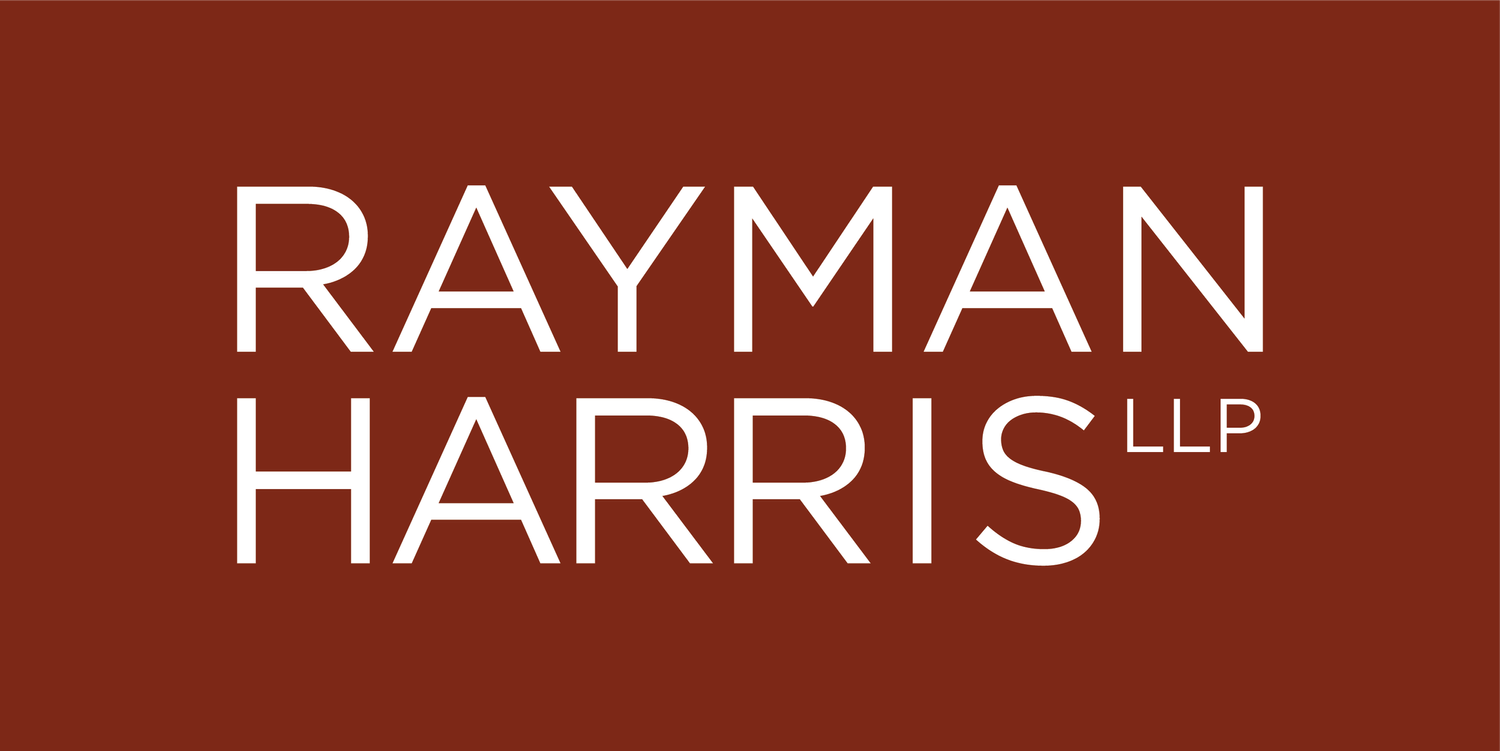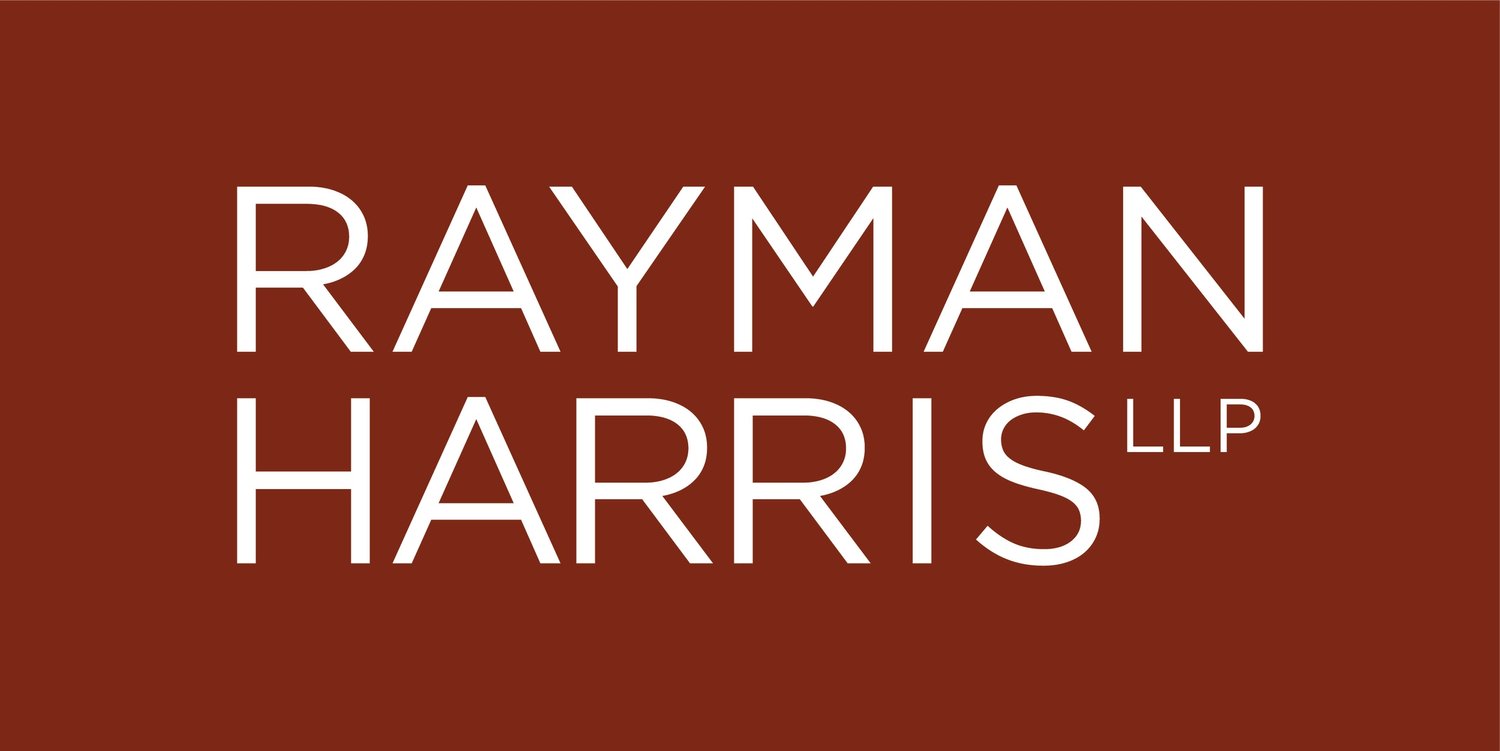The Private Nature of Necessity Hearings and Inquiry Officer Reports: An Oddity in the Ontario Expropriation Legislation
By Shane Rayman and Matthew Owen-King, Rueter Scargall Bennett LLP
Despite recent amendments, there remains an oddity in the formulation of the Ontario expropriation legislation that appears to restrict the public’s access to an integral element of the expropriation process. Namely, the Inquiry Officer’s written Report following a Hearing of Necessity continues to be considered as part of the political process of approval for an expropriation, without express rights for the public to access the decision. As such, Hearings of Necessity and Inquiry Officer Reports are not made open to the public despite the fact that they are a part of the publicly-funded, statutorily-mandated process that is intended to be an independent assessment of the balance between a community’s larger public interest needs with the rights of affected individuals.
In the expropriation process in Ontario, the Hearing of Necessity affords affected land owners and expropriating authorities the opportunity to make submissions on the merits of a proposed expropriation prior to its final approval.1 The Inquiry Officer presiding over a Hearing of Necessity has the duty to give every party to the inquiry the opportunity to present evidence and argument, including the right to examine and crossexamine witnesses.2 Following the Hearing, the Inquiry Officer must provide the approving authority with a written Report outlining the evidence and argument of all parties, the Inquiry Officer’s findings of fact, as well as the Inquiry Officer’s opinion, and the reasons for the opinion, as to whether the proposed taking is “fair, sound, and reasonably necessary” in the achievement of the objectives of the Expropriating Authority.3 The Inquiry Officer’s Report must be considered by the Approving Authority who then approves or not approves the proposed expropriation or makes modifications to the expropriation as the Approving Authority considers necessary. 4
The Ontario Divisional Court recently acknowledged that the Hearing of Necessity is the only chance for a property owner to challenge the plan to expropriate and that the Report of the Inquiry Officer is an important step in the expropriation procedure, which affects the interest of the property owner.5
As the decision to expropriate land is considered, “an administrative decision of policy – a political decision in which the interests of the individual are sacrificed to the general interests of the community”,6 the objective of the Inquiry Officer’s Report is to consider the merits of the proposed expropriation and opine on whether the decision is fair, sound and reasonably necessary in the achievement of the objectives of the Expropriating authority.7
The policy makers who founded the modern Expropriations Act in Ontario, endeavoured to vest the ultimate power to expropriate in elected bodies responsible to the public.8 The Hearing of Necessity is intended as a safeguard to provide control to the means by which the political decision to expropriate is arrived at. 9 As the McRuer Report stated about the purpose of a Hearing of Necessity:
in addition to reasons based on fundamental justice, a right to be heard will tend to produce expropriation decisions which will reflect more consideration for the rights of the owner and produce better plans, without sacrificing matters of vital public interest.10
The modern Expropriations Act developed intricate provisions for the approval of expropriations and the process thereunder that was intended to ensure that responsibility for expropriation decisions is placed squarely on politically responsible persons and bodies.11
The Expropriations Act, therefore, endeavours to bring accountability to decisions to expropriate through political means, as opposed to judicial or quasi-judicial methods. Thus, an Approving Authority is answerable to those who ultimately elect its leaders and not the court, in the event that its decisions to expropriate are unjustified, lack merit or are unfair. The court does, however, retain the right to quash decisions to expropriate in the event that they are made without jurisdiction.
In spite of the clearly political nature of the inquiry process under the Expropriations Act, in Ontario, the Hearing of Necessity is not considered to be a public hearing, and the Report of the Inquiry Officer does not form a part of the public record. Instead, such Reports are insulated from public scrutiny, as they are only available to the Approving Authority and the parties to the hearing. This is the case unless they are published by third parties, such as a legal reporting service that has been given the Report by a party. Instances have arisen where Inquiry Officers have refused to provide copies of their Report to third parties, when requested to do so.
In its present form, the Ontario legislation prescribes only that the Hearing of Necessity shall proceed by means of an inquiry conducted by the Inquiry Officer – not by means of a “public” hearing.12 In consideration of the particular formulation of the Ontario statute,
the Supreme Court of Canada has explicitly refused to read into the Ontario legislation a duty on Inquiry Officers to review the proposed expropriation at a “public” hearing.13 In contrast, the expropriation acts of Manitoba14, Alberta15, and British Columbia16 all contain provisions that require consideration of a proposed land taking at a fully-public hearing.
Until recently, the Report of an Inquiry Officer was not required to be released to anyone other than the Approving Authority. The 2002 amendments to the Ontario expropriation legislation17 added the requirement that the Inquiry Officer provide a copy of his or her reasons not only to the Approving Authority, but also to all parties to the Hearing. However, the amendments did not include a provision that the Report be available on request “to any person”, as is prescribed by the expropriation legislation in Alberta.18
In Alberta, therefore, the Report of the Inquiry Officer is a public document. In Ontario, however, the public continues to have its access to such Reports limited by whether the Report was published by a third party reporting service. This reality may lead to the selective publication of certain jurisprudence concerning Hearings of Necessity and may lead to a disparity in the ability of parties to access potentially helpful Reports by Inquiry Officers. It would seem unbalanced for an owner to have limited access to Reports of Inquiry Officers, where a large expropriating authority may have a library of hundreds of such decisions to consider.
As the Approving Authority is vested with an unfettered discretion to follow the recommendation of the Inquiry Officer (so long as the Report is considered), the Inquiry Officer’s Report forms part of a political decision-making process, rather than a part of a judicial (or quasi-judicial) proceeding. Some may argue that this process does not give rise to a hearing that is required to be open to the public. On the contrary, an argument could be advanced that political decisions must be open to the public, to ensure the public are made aware of political decisions to expropriate and democratic bodies are accountable to an informed public for their decisions and the underlying merits thereof. It would seem logical that the publication of a Report of an Inquiry Officer would further the process of political accountability of an expropriating power, as is envisioned in the policy underlying the modern Expropriations Act.
While there are justifiable limits to the public’s right to access information that is entirely in the political realm – for instance, Cabinet discussions and deliberations – accountability and transparency are cornerstones of the Canadian democratic system. This accountability and transparency should relate to administrative/political decisions made to expropriate land. To achieve this accountability and the goals of the policy makers behind the Expropriations Act, the public requires unrestricted rights to access decisions of Inquiry Officers that are considered by elected political representatives.
Without the dissemination of this information, the utility of Hearings of Necessity and underlying principles of government accountability are limited. Therefore, the fact that in Ontario, the Hearing of Necessity is not expressly considered to be a public hearing and the Report of the Inquiry Officer does not form a part of the public record, is an oddity within the expropriation legislation that may warrant amendment.
1 Expropriations Act, R.S.O. 1990, c. E. 26, s. 7(5).
2 Expropriations Act, s. 7(9).
3 Expropriations Act, 7(5) and 7(6).
4 Expropriations Act, 5.8 (1).
5 Bezic Construction Ltd. v. Ontario (Minister of Transportation) (2006), 88 L.C.R. 317 (Ont. Div. Ct.).
6 Ontario, Royal Commission Inquiry into Civil Rights, vol. 3 – The Honourable James C. McRuer, Commissioner (Toronto: Queens Printer, 1986) [the “McRuer Report”] at 991.
7 Expropriations Act, s.7(5).
8 McRuer Report at 992.
9 McRuer Report at 1001.
10 McRuer Report, at 1002.
11 John W. Morden, “Introduction to the Expropriations Act, 1968-9 (Ontario)”, a paper delivered to the American Right-of-Way Association, Ontario Chapter, February 17, 1969 at 8.
12 Although s. 9 of the Statutory Powers and Procedures Act, R.S.O. 1990, c. S. 22 prescribes that oral hearings shall be open to the public, hearings conducted by an Inquiry Officer under the Expropriations Act are exempted from the Statutory Powers and Procedures Act by s. 3(2)(g).
13 Walters v. Essex (County) Board of Education, [1974] S.C.R. 481.
14 Expropriation Act, R.S.M. 1987, c. E190.
15 Expropriation Act, R.S.A. 2000, c. E-13.
16 Expropriation Act, R.S.B.C.1996, c. 125.
17 Government Efficiency Act, 2002, S.O. 2002, c.18, s.l (1), Sched.A, s.9(2).
18 Expropriation Act, s.16(2).

